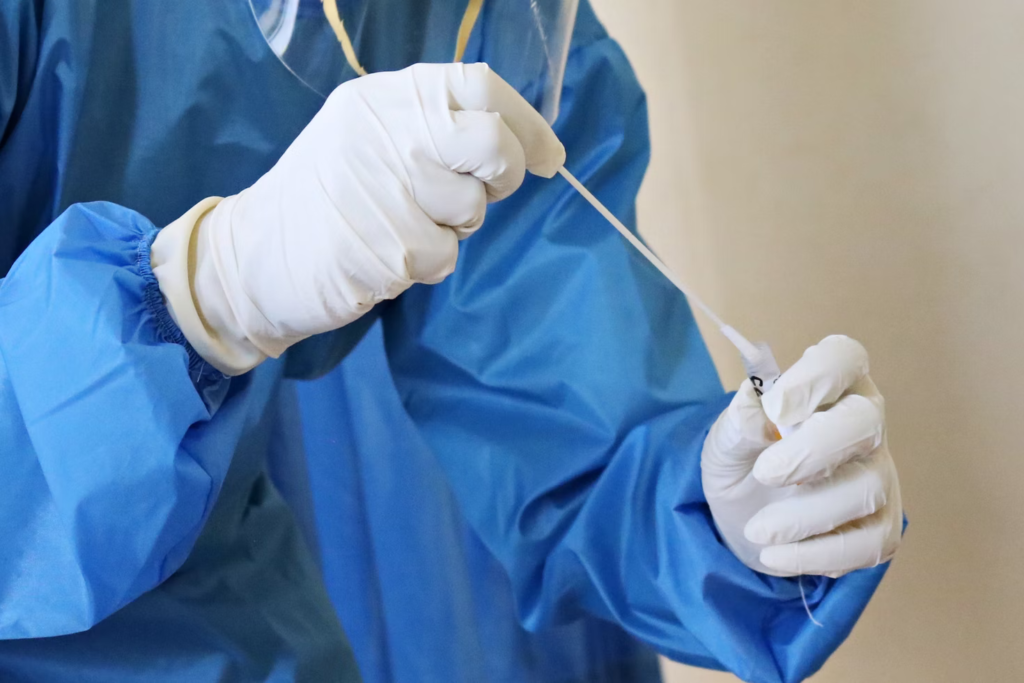
3 Ways to Establish Paternity For a Child

In most American states, children born to unmarried parents don’t have a legal father unless they establish paternity through any medical or legal procedure. Most parents complete the process at hospitals during a child’s birth, but what about fathers who aren’t present at that time? They have to establish biological paternity later through the same medical methods. You might be surprised to hear that lab expert phlebotomists VA don’t even have to test the alleged father in some cases.
Here are some ways that parents can use to establish paternity for their children.
DNA Paternity Tests
The best way to establish paternity is to test the DNA of the alleged father. Medical experts consider this test the most accurate and reliable test. To conduct a DNA paternity test, professionals collect DNA samples from the father to match them with the samples of the child. If both the father and child are willing to provide their DNA samples, medical assistants collect them from their mouths using a swab. Moreover, medical professionals can also collect DNA samples through blood, hair, or sperm tests. These tests are then sent to the laboratory, where laboratory workers conduct different tests to match the results.
However, the difficult part about DNA tests is that they can only happen if the father is willing to give their sample and is available. In many cases, biological fathers refuse to provide a DNA sample, disrupting this process. Moreover, it’s also impossible to obtain DNA samples if the father is out of touch with his children.
Testing the Possessions of the Father
In cases where the father isn’t available, medical professionals resort to other means to establish the paternity of a person. Another widely-used method is to use the father’s possession for DNA testing. In this method, a laboratory tries to find the remains of the father’s DNA on possessions like a smoked cigarette, a toothbrush, or a hairbrush.
However, you should remember that all samples are different; some give a better result than others. Laboratories also consider factors like the age of the possession, the sample type, and its condition before using the sample. Moreover, the court’s approval is needed in many cases before analyzing a person’s possessions.
Testing DNA From Relatives like Grandparents and Siblings
What do you do if you have neither access to your child’s father nor his possessions? You can reach out to relatives like other children of that father (your child’s siblings), his parents, or siblings.
In the sibling test, medical experts collect DNA samples from both children to conduct an X or Y chromosome test, depending on the tested parties’ gender. In the grandparents’ test, the DNA of the grandparents is matched with the child’s DNA. However, the aunt or uncle test doesn’t give reliable results and happens rarely.

Are you looking to establish paternity for your child? Order our mobile blood draw services from Phlebotomy On Wheels. Our lab phlebotomists in VA travel to your location to collect DNA samples and conduct paternity tests on them to establish paternity.
Contact us to schedule mobile phlebotomy services Baltimore at your desired location.


